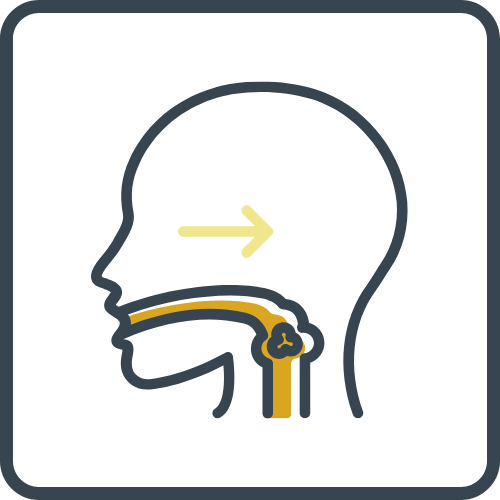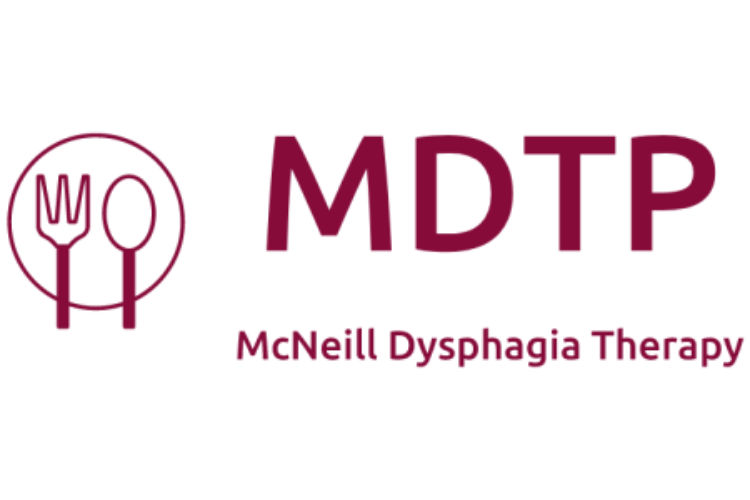
Speech Therapy for
Swallowing disorders
Evaluation and treatment of swallowing difficulties
Specific Treatments Offered:
-
McNeill Dysphagia Therapy Program (MDTP) - Systematic exercise-based approach using exercise science principles
-
Myofascial Releast (MFR) - Manual therapy for fascial tissue to improve swallowing
-
Intensive Dysphagia Rehabilitation (IDR) - High-intensity exercise program
-
Compensatory Strategies - Safe swallowing techniques, posture modifications
-
Diet Texture Modifications - When necessary for safety
-
Cranial Nerve Examination - Assessment of swallowing mechanisms
What It Treats:
-
Coughing/choking while eating or drinking
-
Food "sticking" in throat
-
Recurring pneumonia or aspiration
-
Unintentional weight loss
-
Difficulty with specific textures
-
Post-stroke swallowing difficulties
-
Parkinson's-related symptoms
-
Head and neck cancer recovery
Includes:
Imaging recommendations (modified barium swallow studies), family education, safety protocols

The McNeill Dysphagia Therapy Program (MDTP) is a evidenced-based, systematic exercise therapy program for adults with swallowing problems.It is a high-intensity program that uses exercise-physiology and motor learning principles to safely and effectively advance oral intake of foods and liquids.
Swallowing Therapy for Adults

Synergy Therapy Solutions, can help you if coughing during meals, avoiding certain foods, or the fear of choking has changed how you eat. Dysphagia therapy can help.
Swallowing Disorder Symptoms:
During Eating & Drinking:
-
Coughing or choking while eating or drinking
-
Feeling like food is "stuck" in your throat or chest
-
Food or liquid going down the "wrong pipe"
-
Needing multiple swallows to clear food
-
Difficulty swallowing pills
-
Food or liquid coming back up through nose
Warning Signs:
-
Avoiding certain foods or textures
-
Taking significantly longer to finish meals
-
Unintentional weight loss
-
Recurring pneumonia or chest infections
-
Wet or gurgly voice after swallowing
-
Frequent throat clearing during meals
